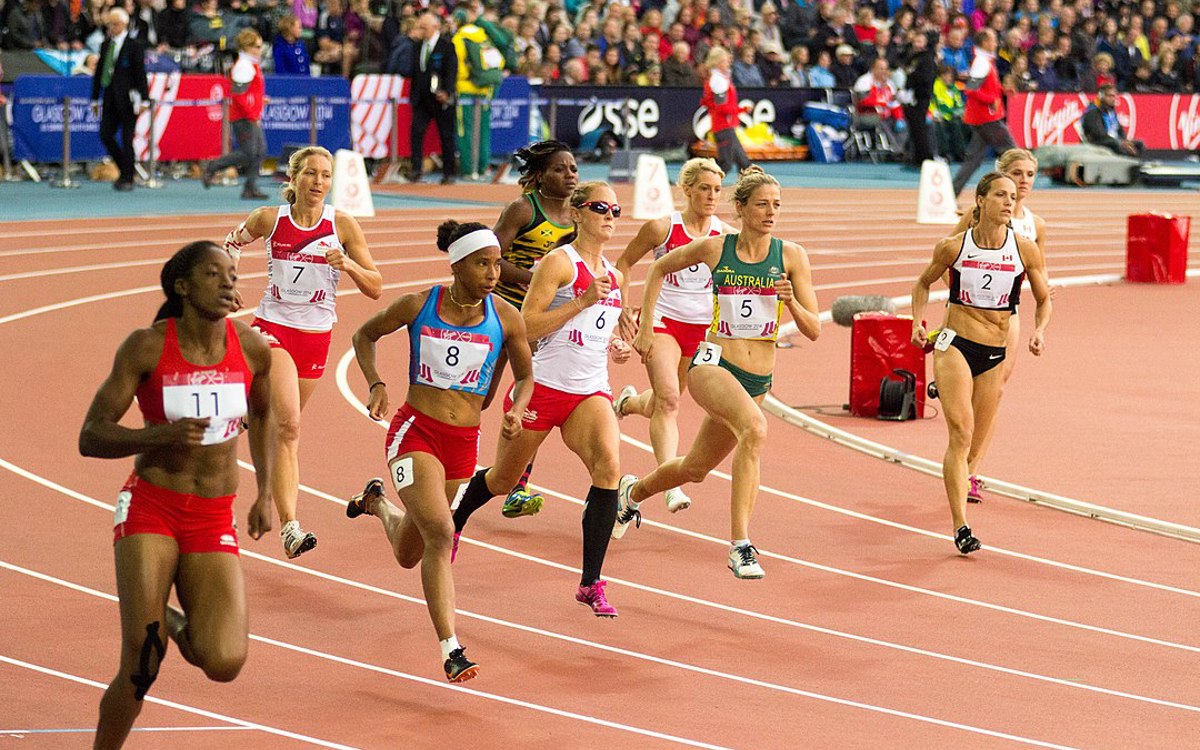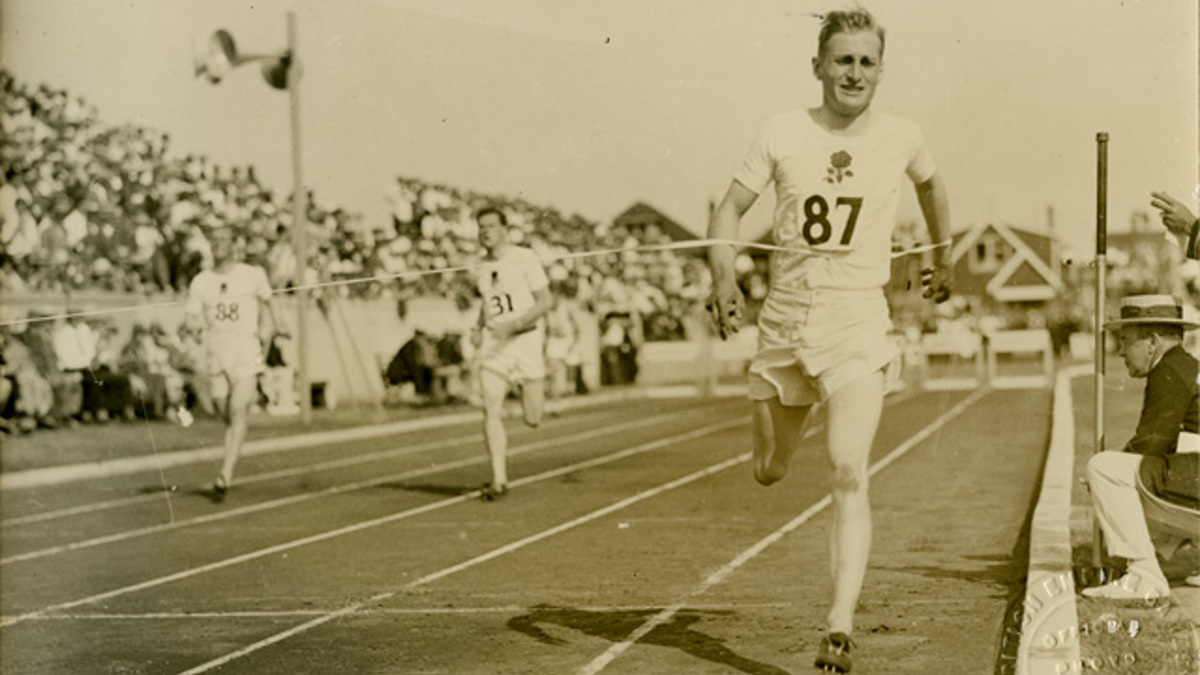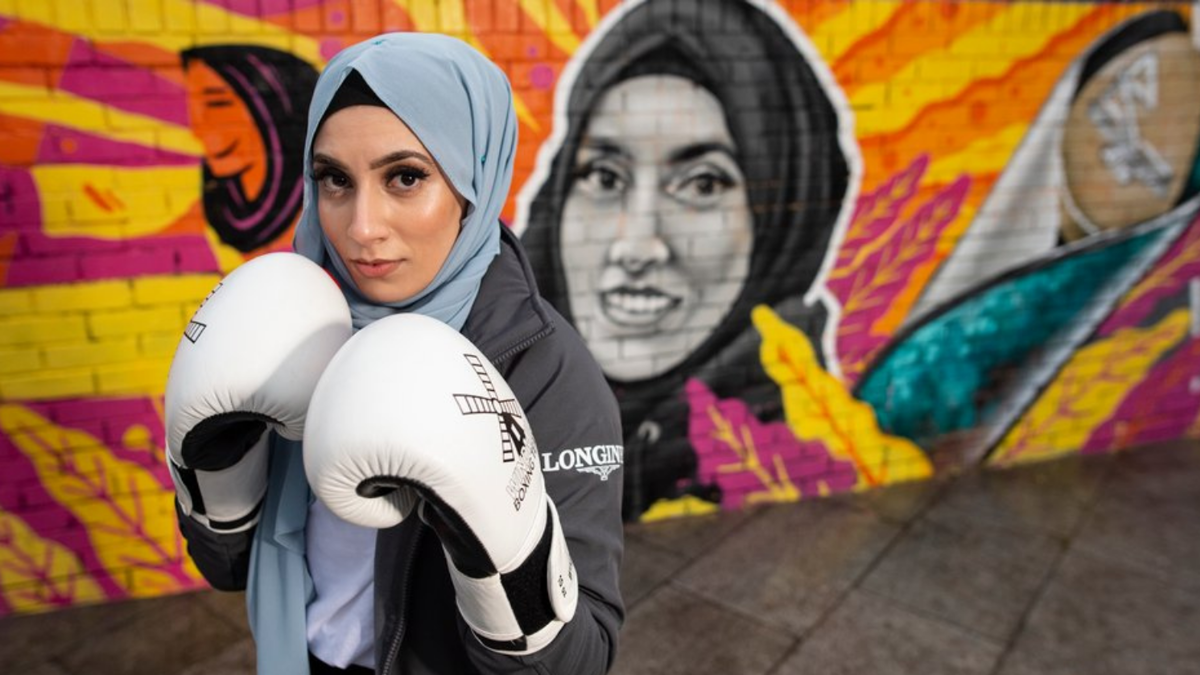Can the Commonwealth Games ever outrun the legacies of empire, and should they try?
By Harris Beider, Birmingham City University, UK

Can the Commonwealth Games ever outrun the legacies of empire, and should they try?
By Harris Beider, Birmingham City University, UK
At time of writing, the UK city of Birmingham is poised to host the Commonwealth Games – known also as the ‘Friendly Games’. For ten days, athletes from 72 countries will compete and excel in a variety of sports in front of excited crowds. Birmingham rightfully views the event as an opportunity to showcase an exciting, dynamic and diverse city, as well as attracting people and investment. Yet for a city like Birmingham – whose diversity speaks to a long history of migration, racism and conflict – hosting an event with its roots so deep in the British empire is not without its tricky symbolism.
Legacies of violence
It could be said that the ‘Friendly Games’ moniker is a misnomer for the Commonwealth Games. After all, they emerged from an empire marked by the subjugation of, and violence towards, millions of people across the world, underpinned by white supremacy and racism. In her book Legacy of Violence, the Pulitzer prize-winning author Caroline Elkins lacerates the legacy of the British empire in its use of military force that killed many thousands of people: the response to the 1857 Indian Uprising, the emergence of concentration camps for Boers in South Africa during the wars between 1899 to 1902, the Amritsar Massacre in 1919, and the Mau Mau Rebellion in the 1950s.
As Elkins remarks, the process of decolonisation was often accompanied by recurrent images of peaceful handovers. There was the pomp and circumstance of ceremonies in which white men in starched uniforms and helmets adorned with feathers ‘handed over’ power to new administrations. But this, arguably, was tantamount to a significant whitewashing of the realities of British rule. While some try to argue the positive legacies of empire such as the framework of law, transport, infrastructure, schools and hospitals, this seems a lopsided argument when set against the destruction of people and places, not least the 1947 Partition of India, which resulted in two million deaths and up to 20 million people being displaced.
The point here is that the Commonwealth Games started off as the ‘Empire Games’ in 1930 and, despite decolonisation before and after the Second World War, were still known as the ‘Commonwealth and Empire Games’ until 1966. They may be known as the ‘Friendly Games’ but even the most enthusiastic supporter of the British empire would be hard pressed to describe imperial control as benign.

Sport: hero or villain?
And yet a sporting spectacle can certainly bring people together. This will be the case for the Commonwealth Games in Birmingham, just as it was the case for many of the previous events. The same is true for other global fixtures such as the World Cup or European Championships. When a nation does well in these football tournaments – as was seen in England when it reached the World Cup semi-finals in 2018 and the Euro final in 2021 – people and communities come together in their homes, streets, community centres, and pubs to celebrate the visceral delight of the national football team performing so well. This was also true of the 2012 London Olympics and the unprecedented success of Team GB.
Yet such events are not always displays of unity – and rightly so. The 1986 Commonwealth Games in Edinburgh were boycotted by over 30 countries in response to the UK government’s rejection of sanctions against apartheid in South Africa. The history of the Olympiad, too, has been mired in the politics of race and racism stretching back to the 1938 Munich Olympics held in Nazi Germany, the protest against racism in the US by Tommie Smith and John Carlos on the podium of the 1968 Olympics in Mexico City, and the boycotting of the 1976 Olympic Games by 29 countries in protest at the inclusion of New Zealand who, in defiance of the United Nations’ calls for a sporting embargo, had taken part in a rugby tour to South Africa.
And then there’s football, which may well be the ‘beautiful game’ but many Black and Brown Britons growing up in the 1970s and 1980s will remember, as I do, the racist chanting from the terraces – later beamed into television sets in living rooms across the country – and the fact that football grounds were hostile places for minority communities.
These conflicting examples remind us that sport can both bring people together and pull them apart. It can be both a hero and villain in highlighting, or indeed ignoring, social injustice. But I believe its political power and impact can very much be a force for good.

Birmingham: diversity and division
Convening the Commonwealth Games in Birmingham has symbolism in terms of place and the politics of race. The city, with its population of 1.2 million people, is the most youthful and ethnically diverse in Europe.
This rich legacy of migration goes back centuries, taking in mass movement from Ireland in the mid-1850s, Commonwealth migration from India, Pakistan and the Caribbean in the post-1945 period, European migration – especially from eastern Europe – following the expansion of the EU in the 2000s, and a significant flow of communities from Africa and the Middle East in the last 20 years.
Its diversity is evident in its music, food, business, buildings, culture and politics, where there is increasing representation from diverse communities at city and parliamentary levels. Indeed, Birmingham is a great city because of its diversity.

Yet for much of the post-war period, it was also a city blighted by racism. Support for controls on Commonwealth immigration during the 1950s and 1960s played out at national elections. The rise of racist political movements such as the National Front during the 1970s, were followed in the 1980s by riots and rebellions against policing and poverty by black and Asian communities. And, after the attacks in New York and Washington on 9/11, Muslim communities became targets of suspicion and hatred.
Today, Birmingham is a modern and thriving metropolis that, through its economy, culture and politics, plays a key role in the region and the UK. Hosting the Commonwealth Games is a chance for the city to showcase itself to a global audience. Yet the Games take place in a society in which wider issues of racism and social injustice remain unaddressed, and in which serious questions endure about Britain’s relationship to the world and the relevance of the Commonwealth itself. Yes, we hope the 2022 games really are the ‘Friendly Games’, but we cannot overlook how they came to exist.
Professor Harris Beider is Head of the School of Social Sciences and Professor of Public Policy and Communities at Birmingham City University, UK.
Images (from top): Athletes at the 2014 Commonwealth Games by Graham Campbell via Flickr, under CC BY-SA 2.0. David Burghley via Public Domain. Boxing coach Haseebah Abdullah courtesy of the Birmingham 2022 Commonwealth Games. Montage courtesy of Sampad Arts and Heritage.
All content published by The ACU Review is copyright of the Association of Commonwealth Universities or its licensors and may not be reproduced without written permission from the Association of Commonwealth Universities. Please contact review@acu.ac.uk with enquiries.
